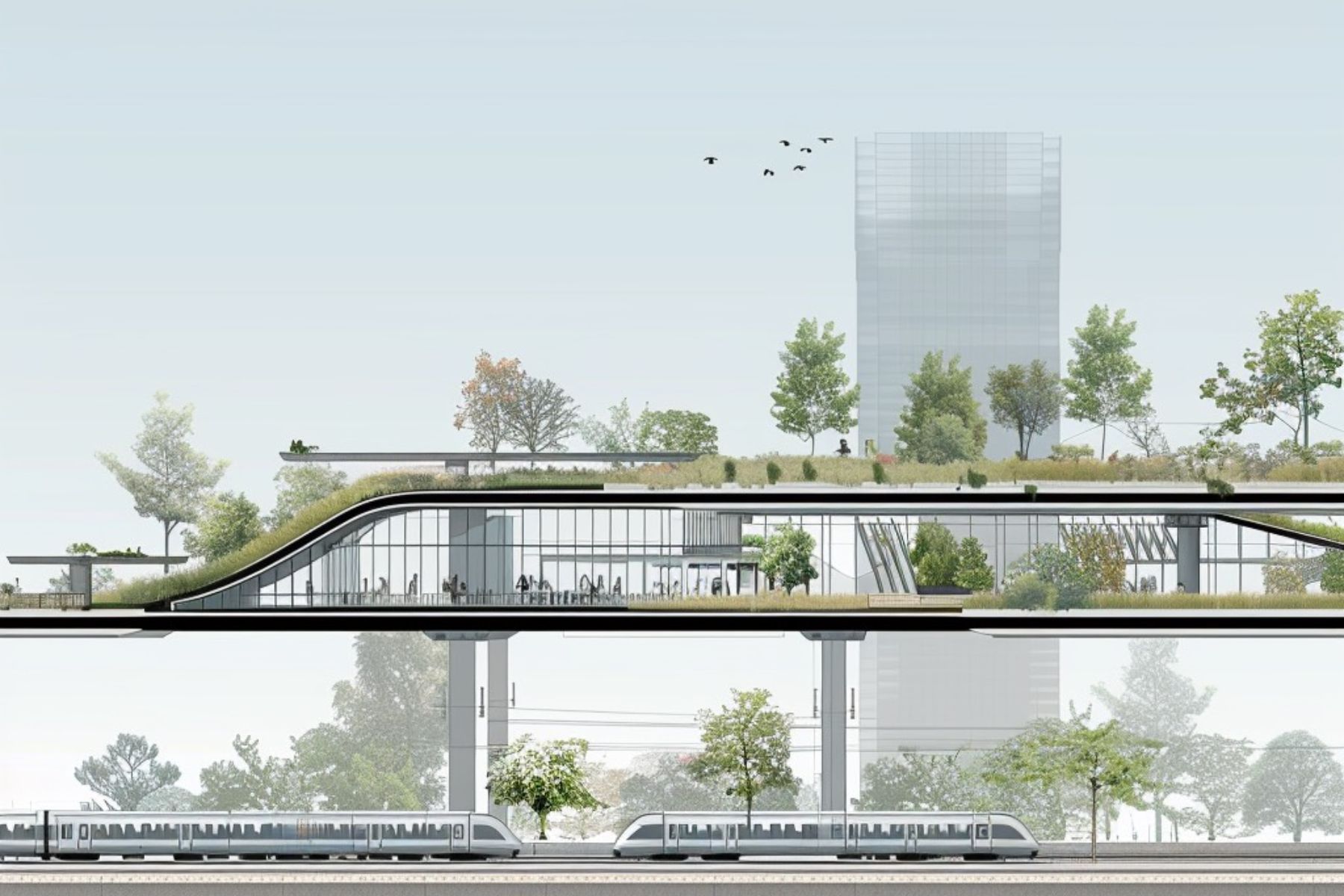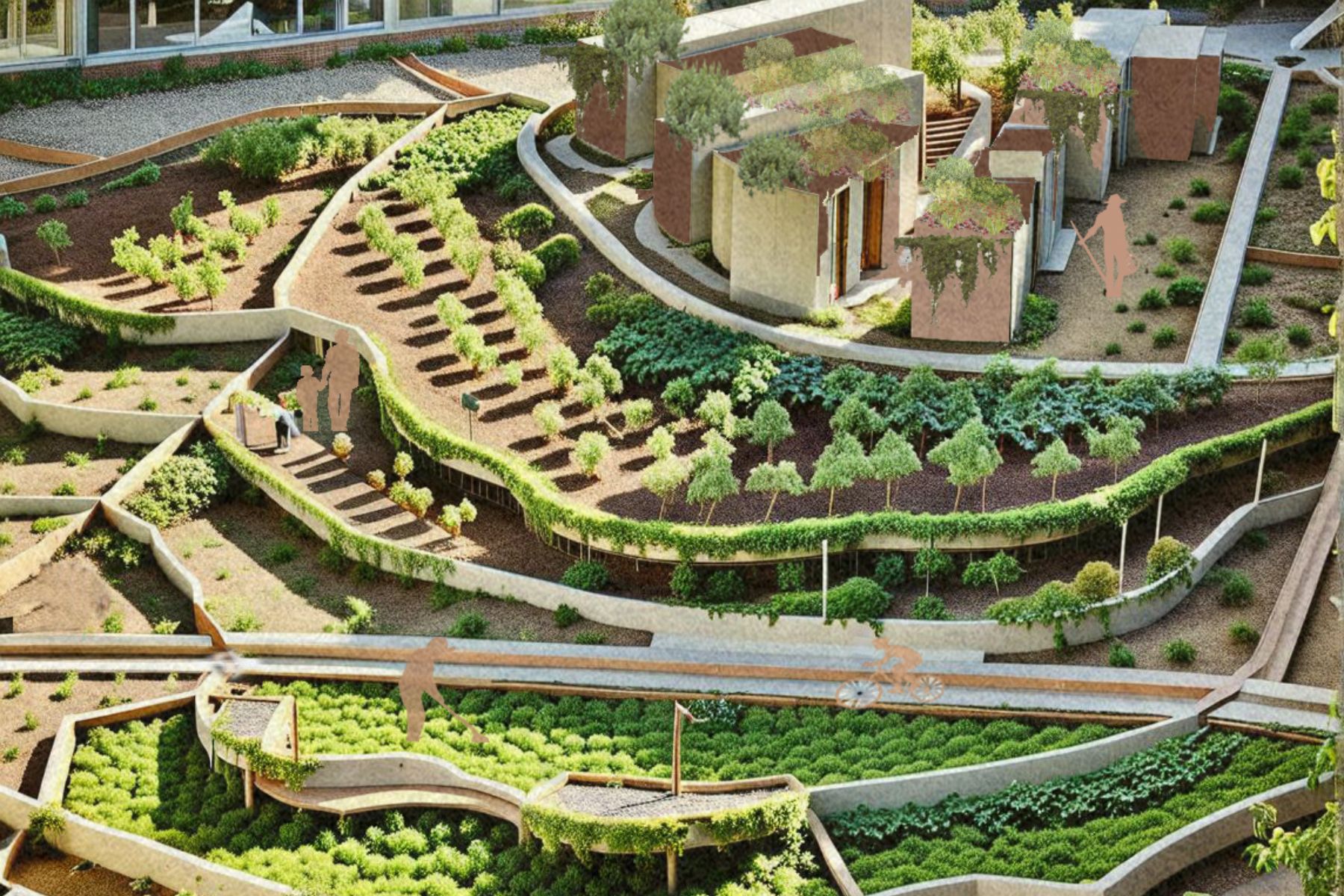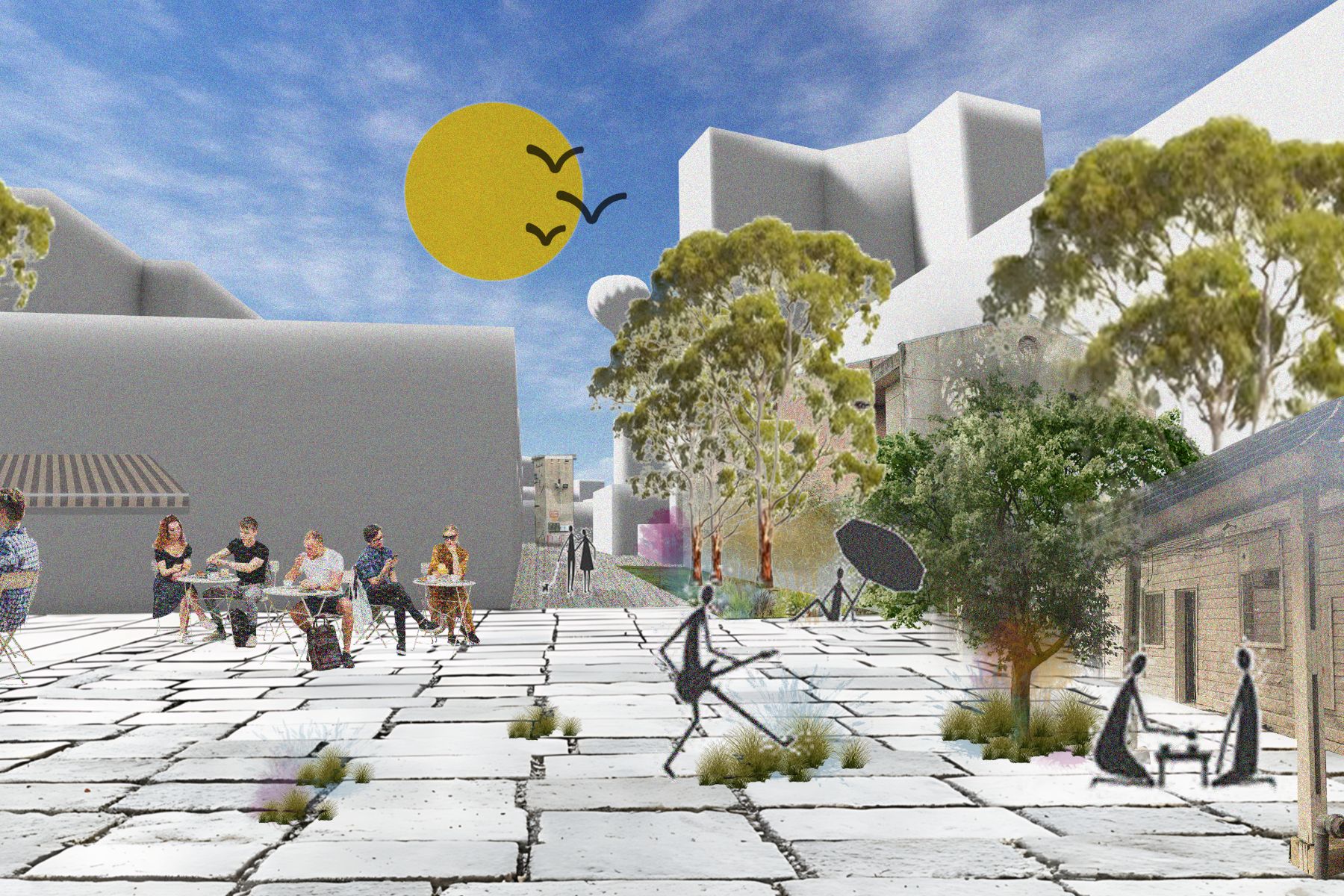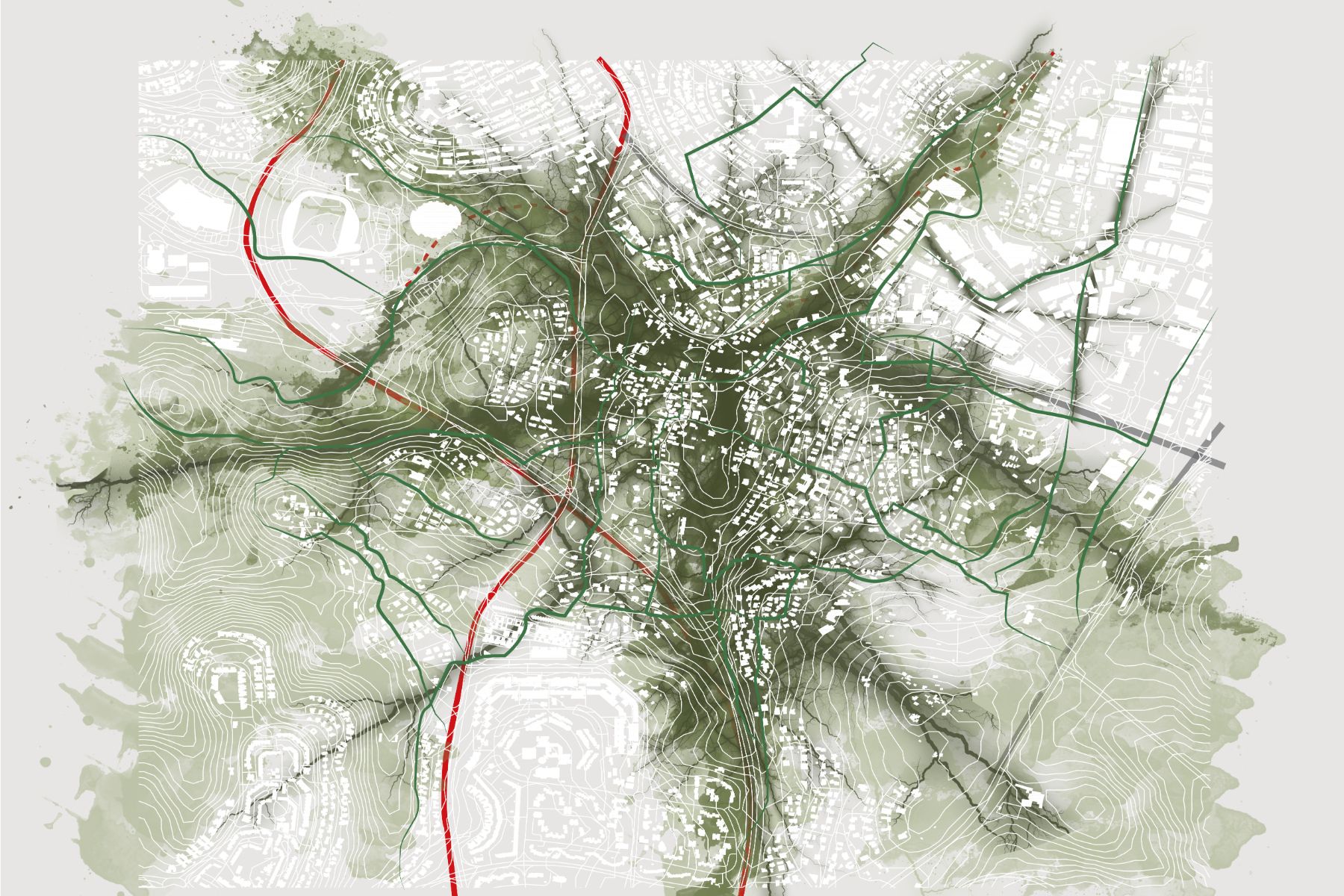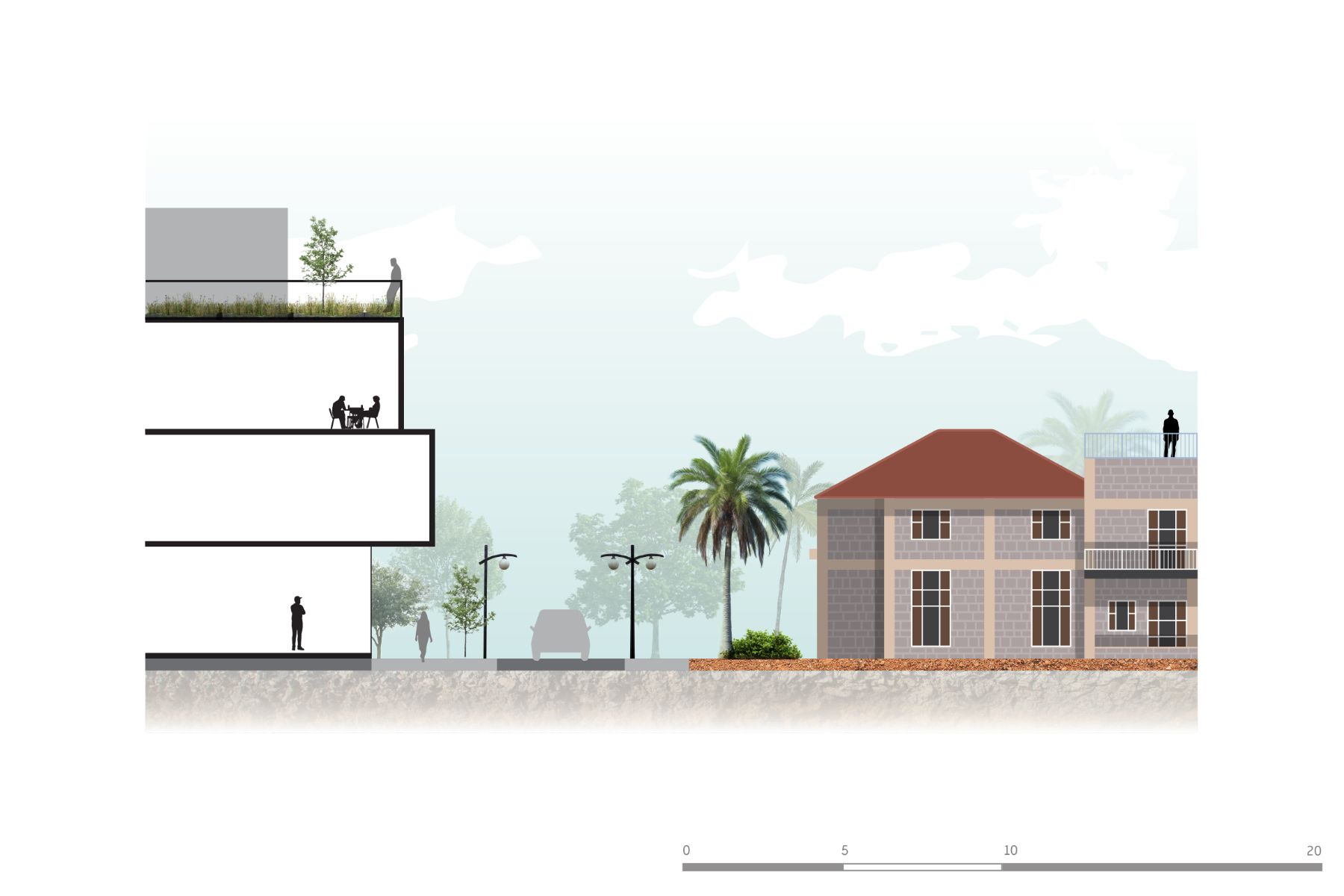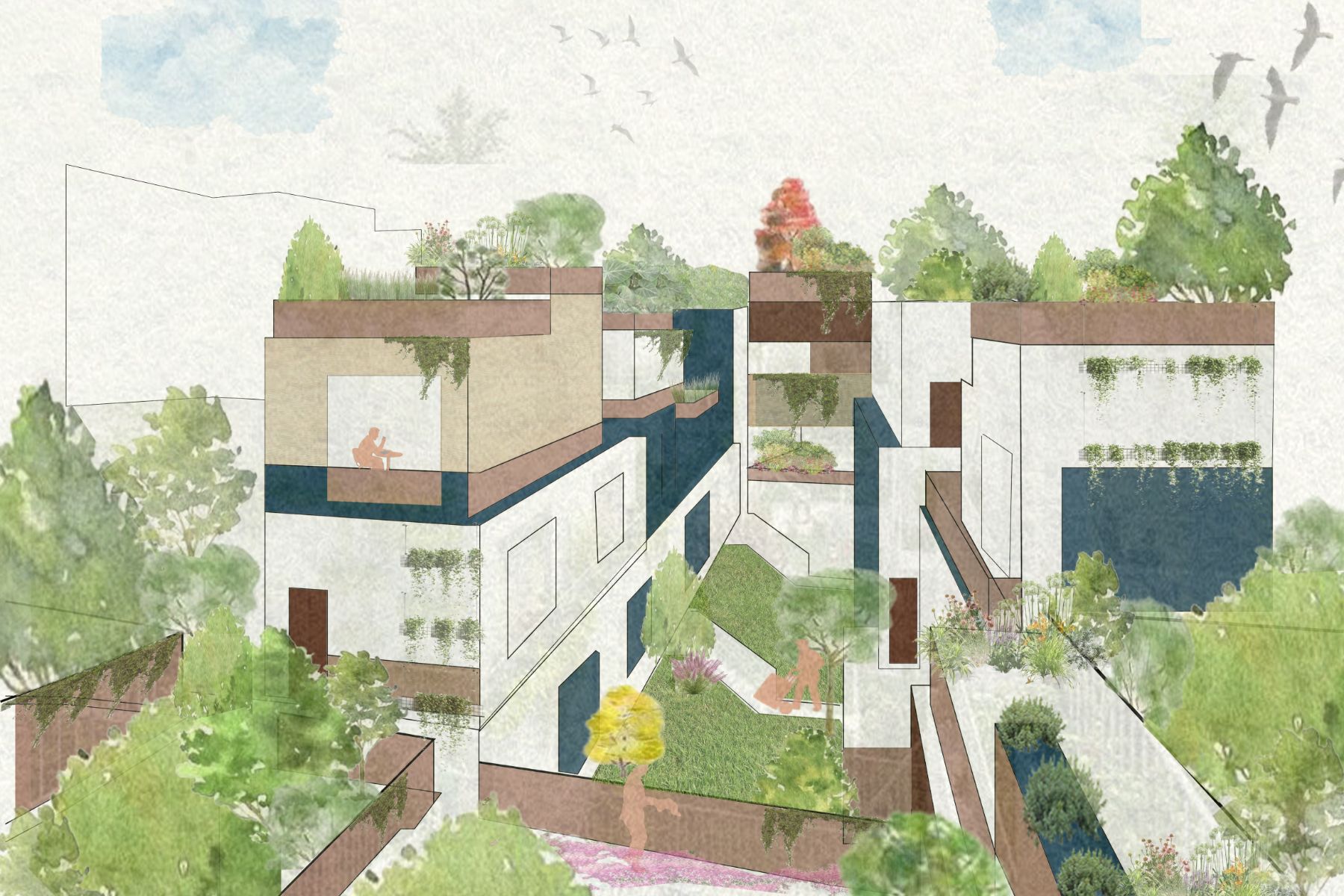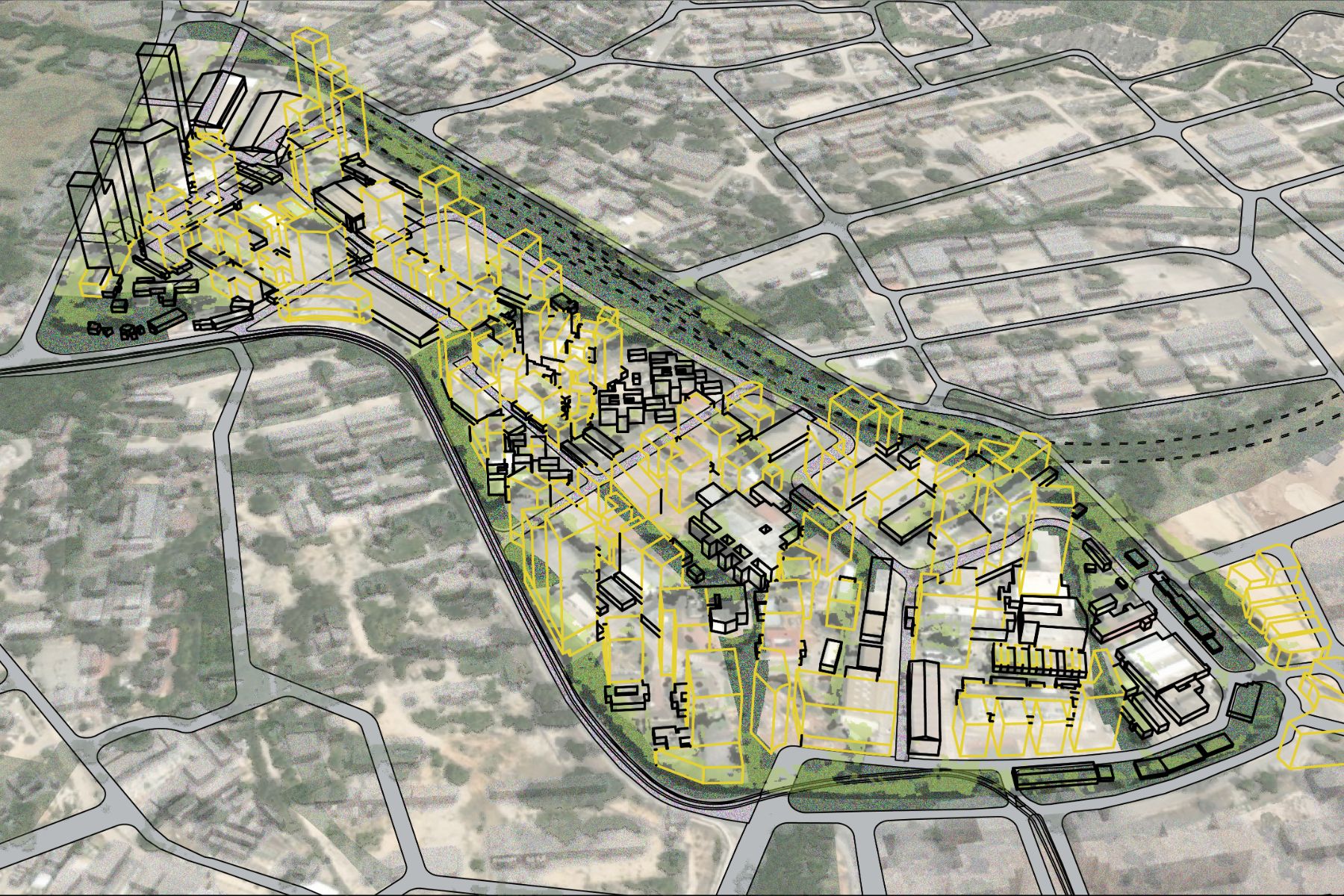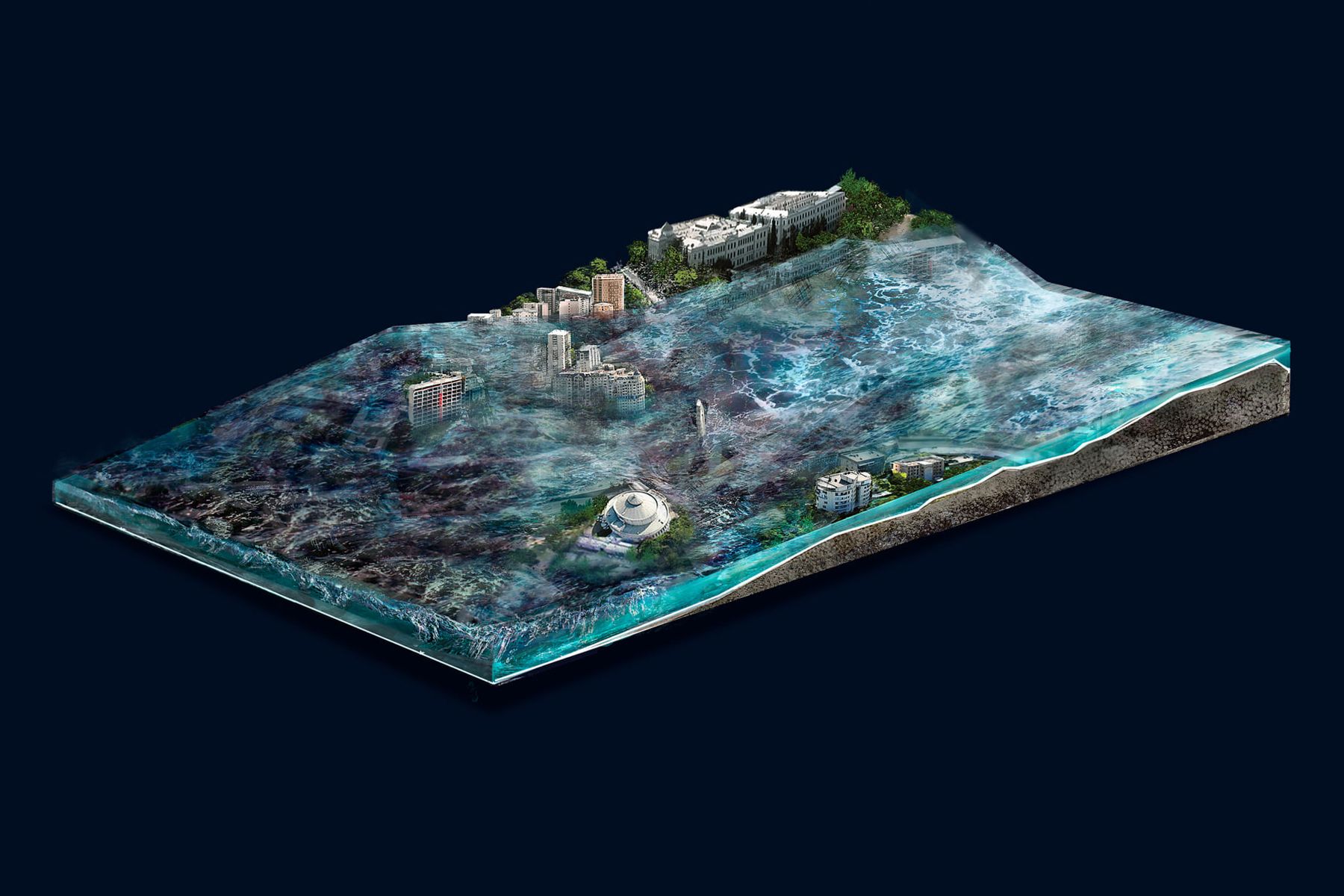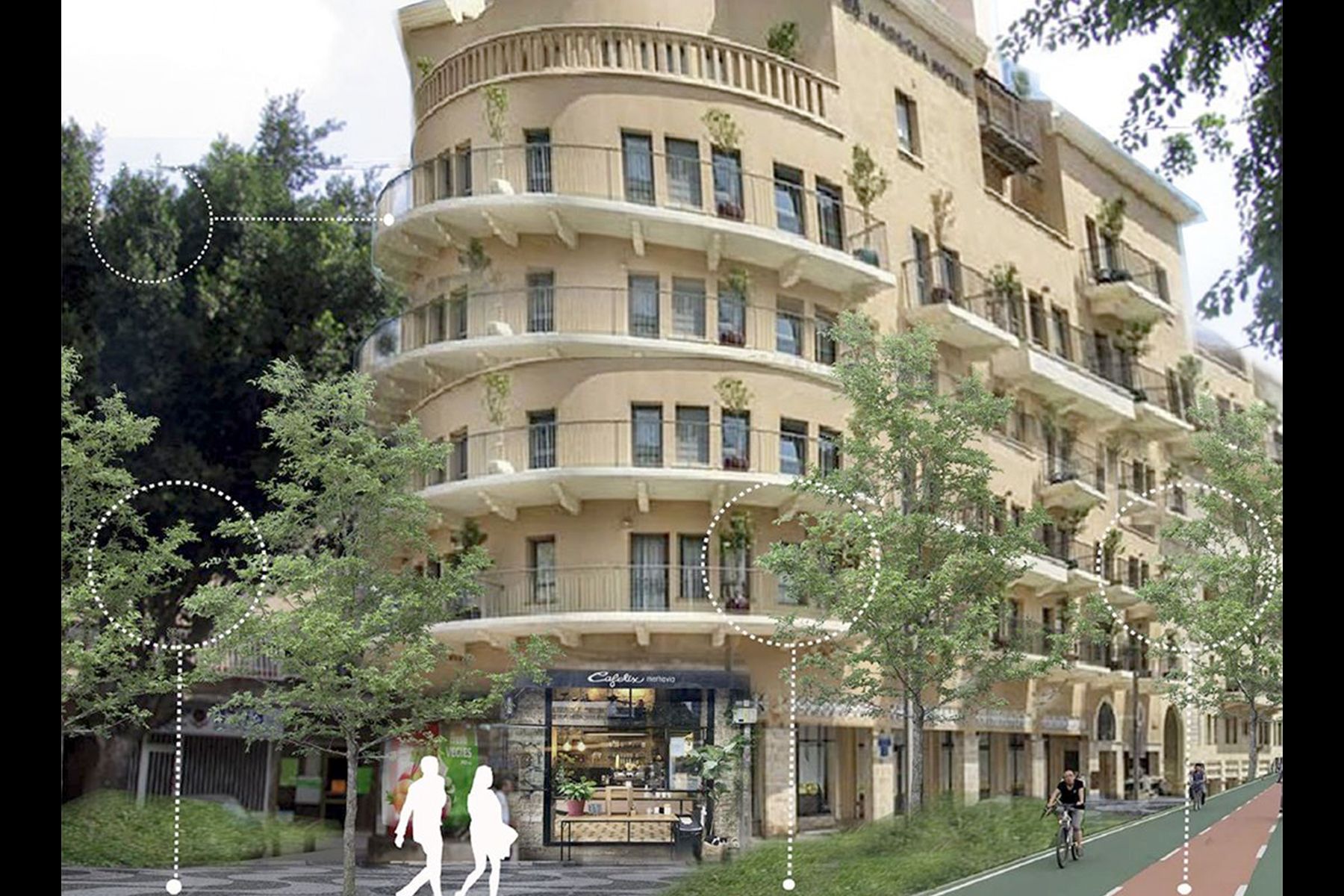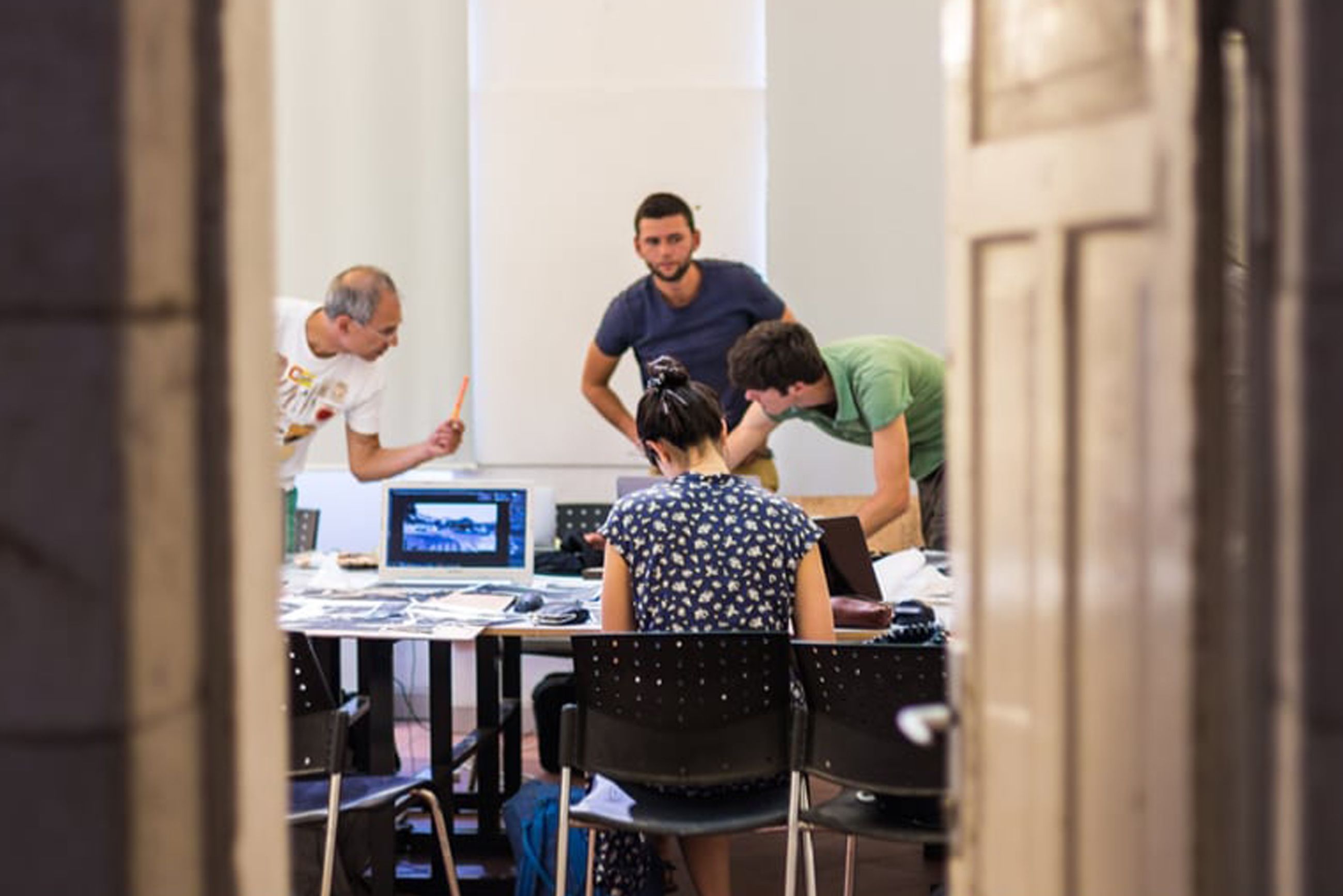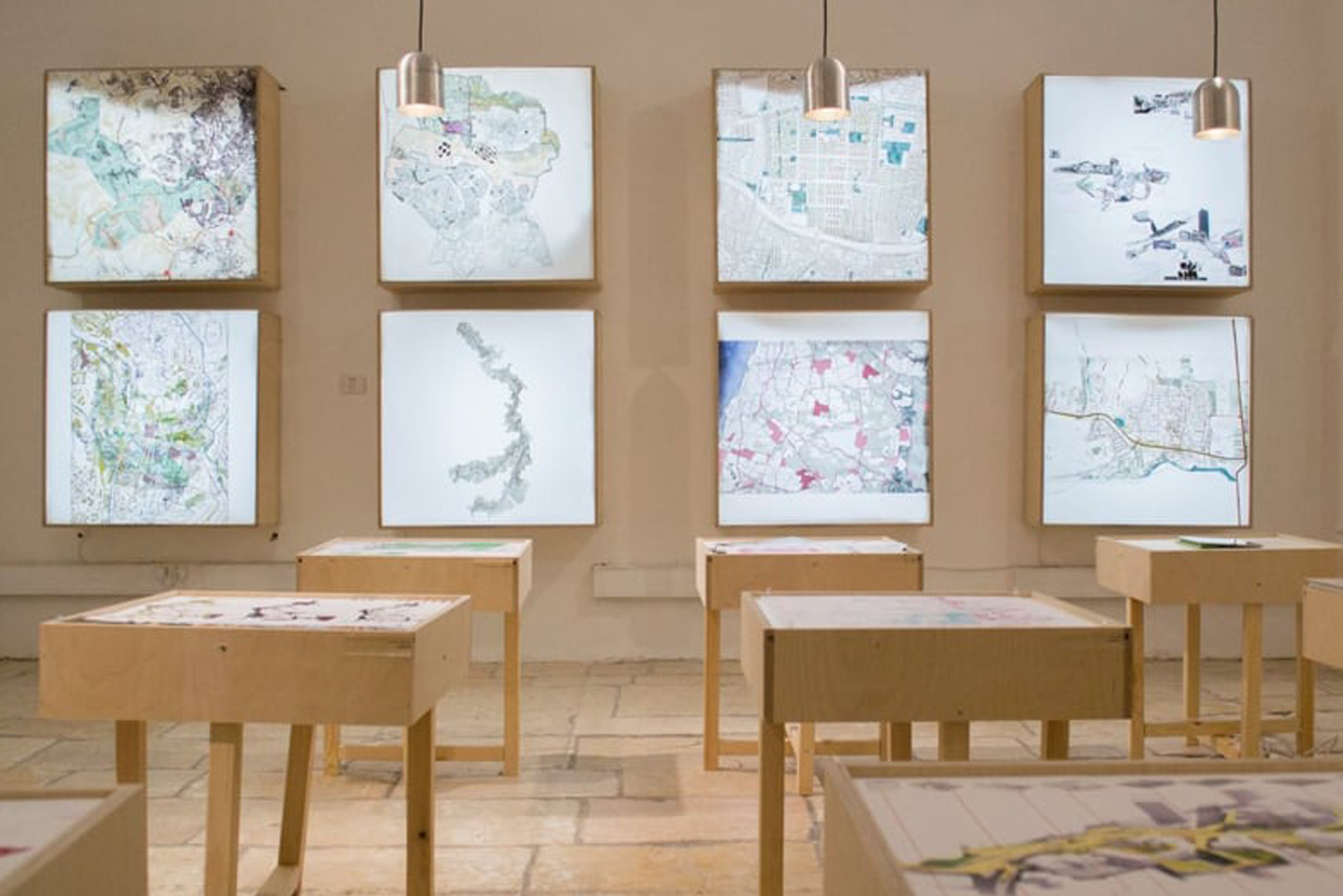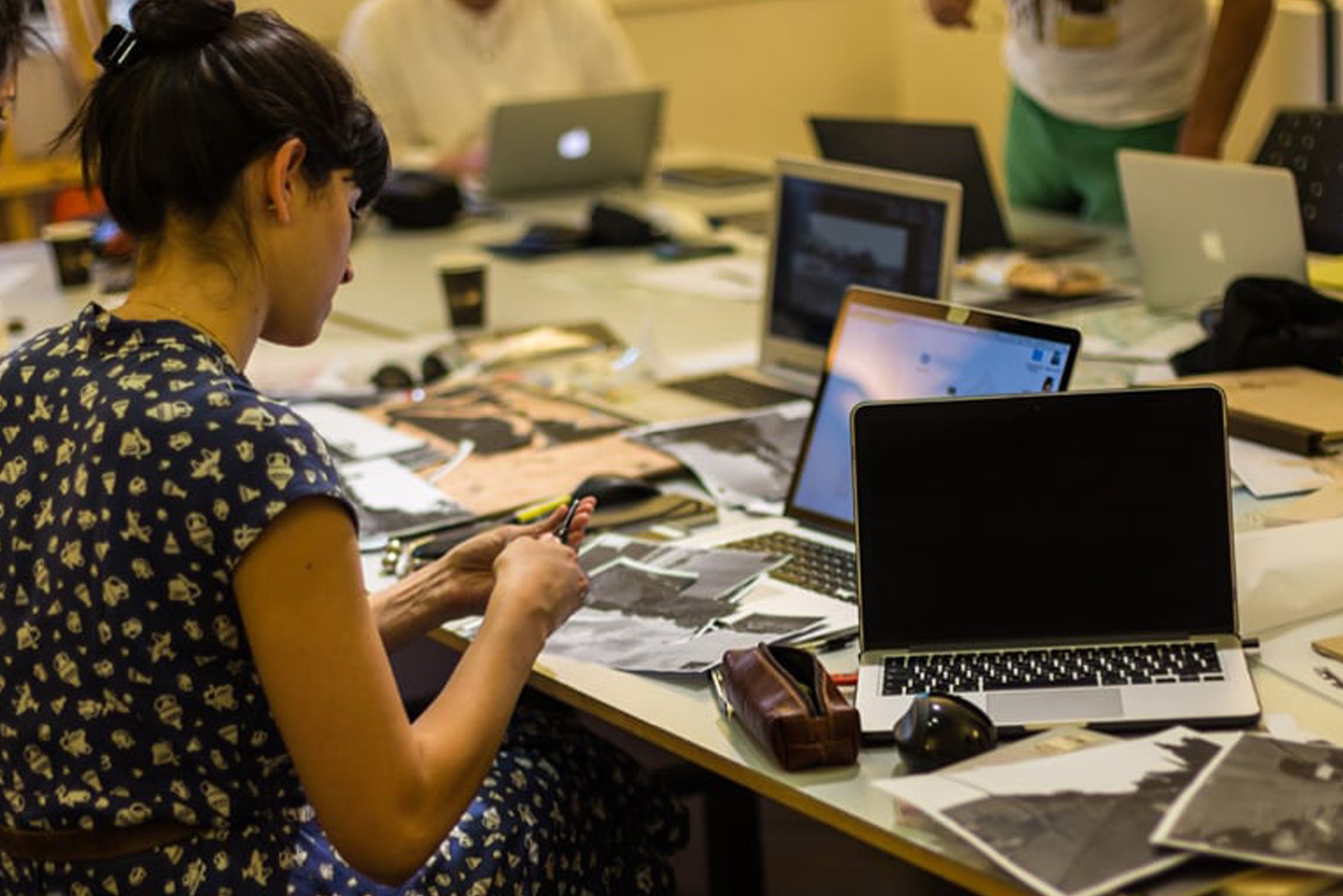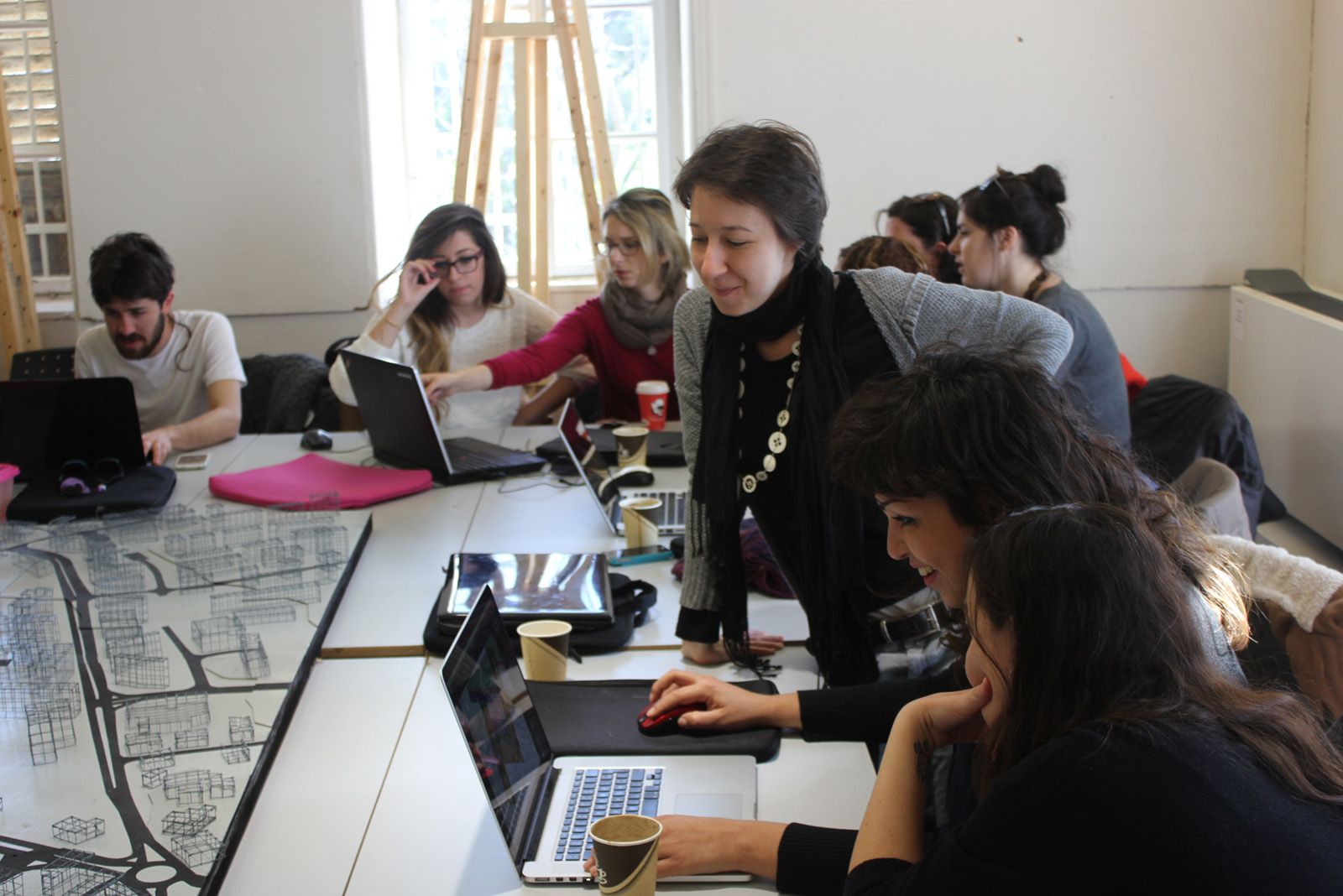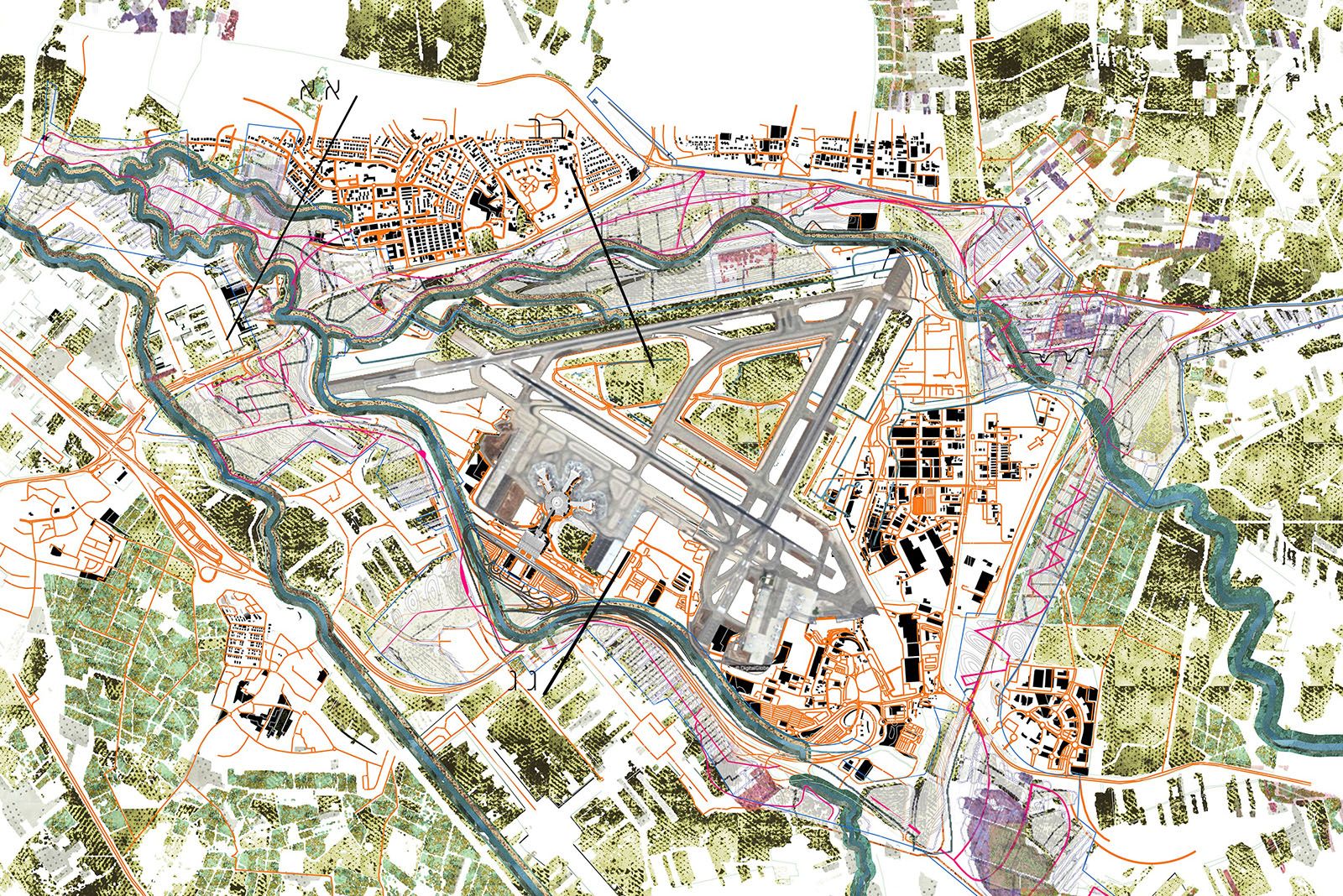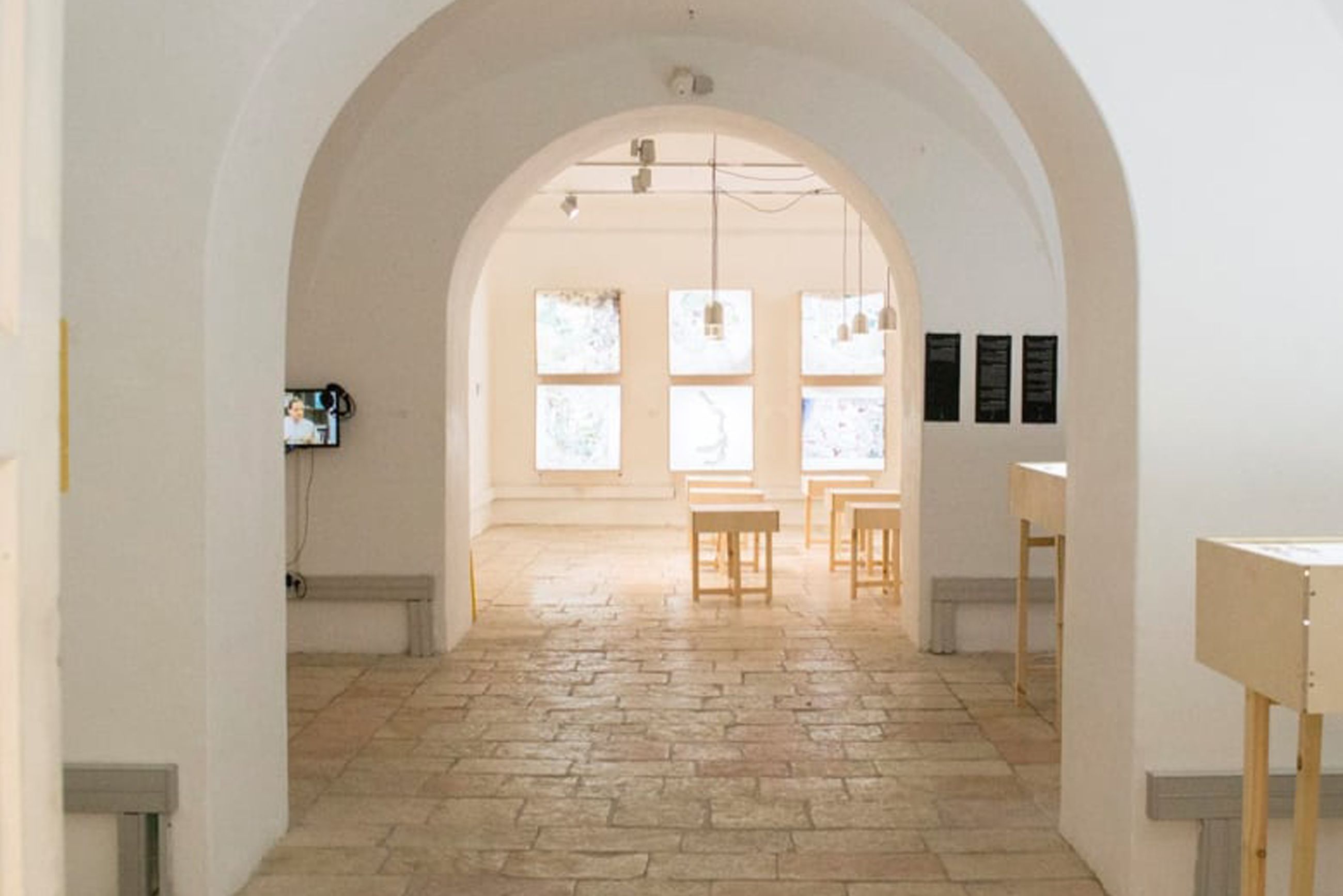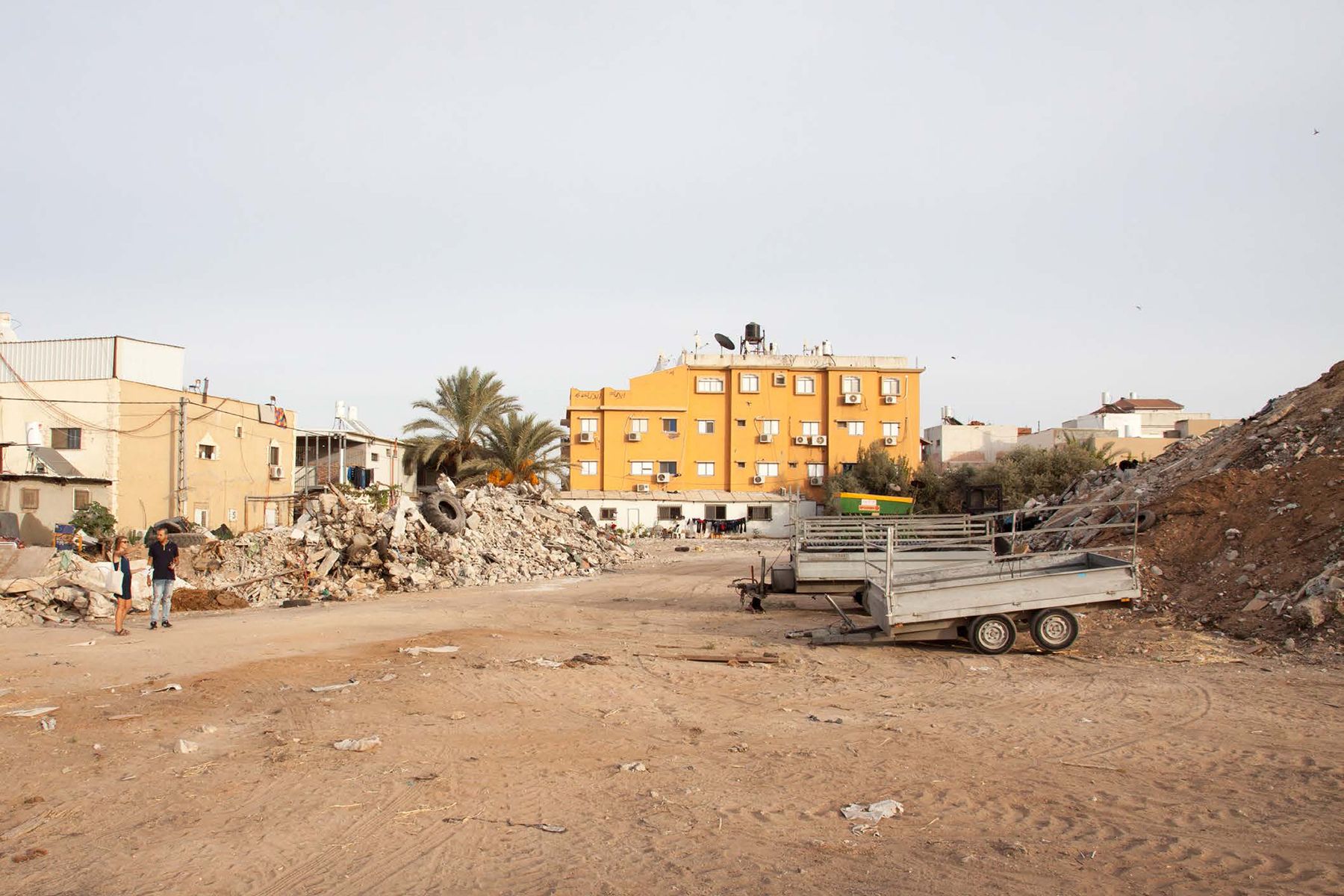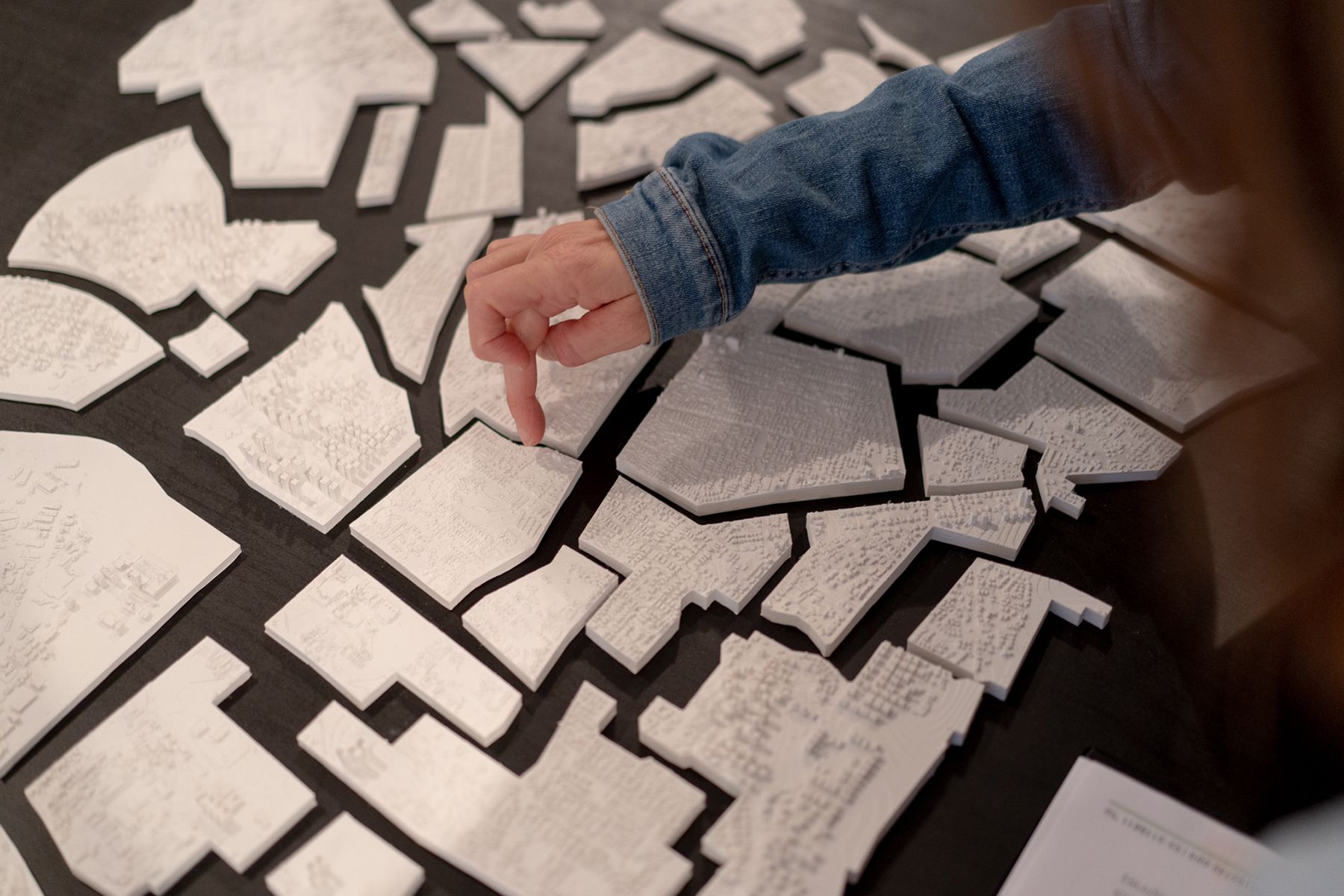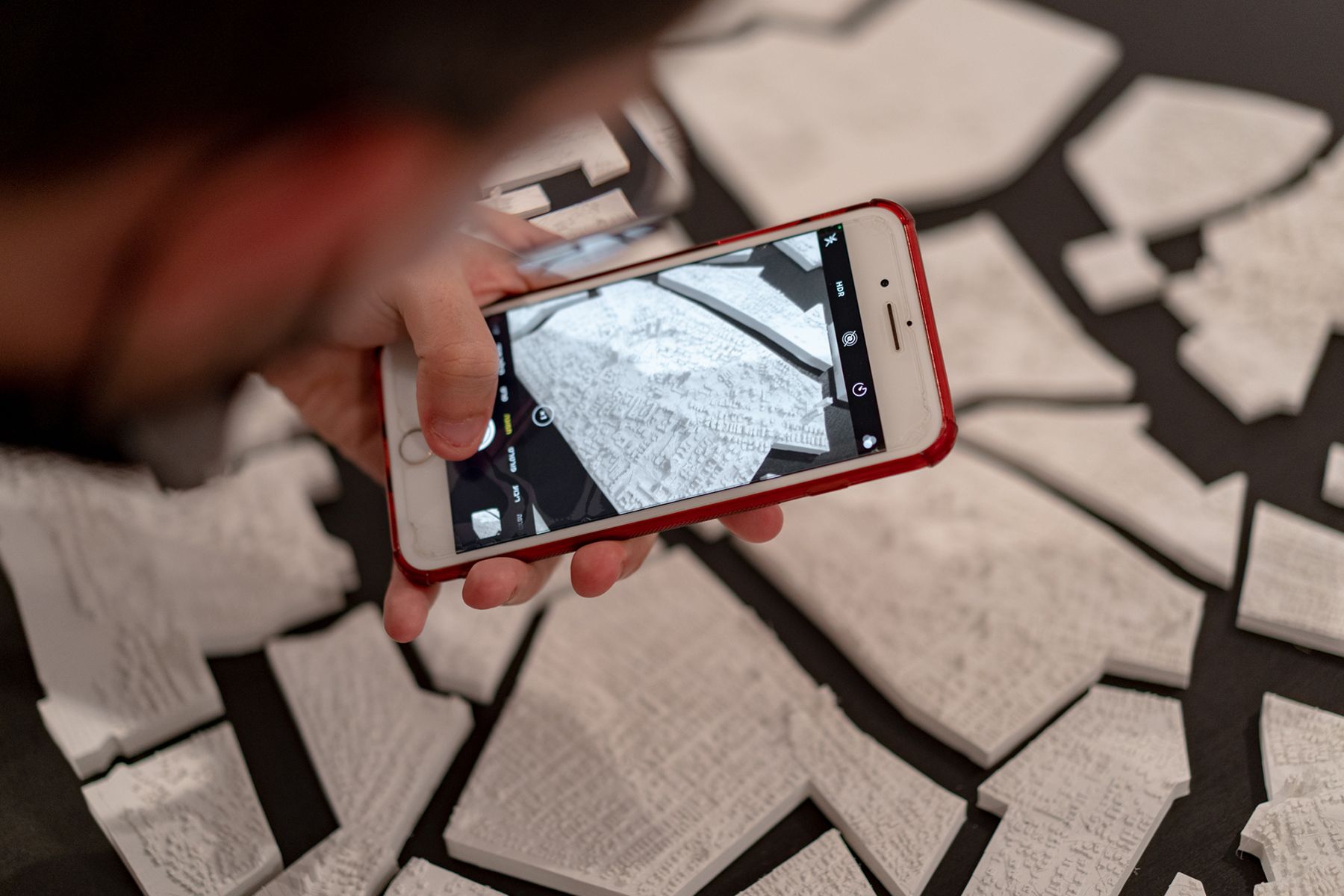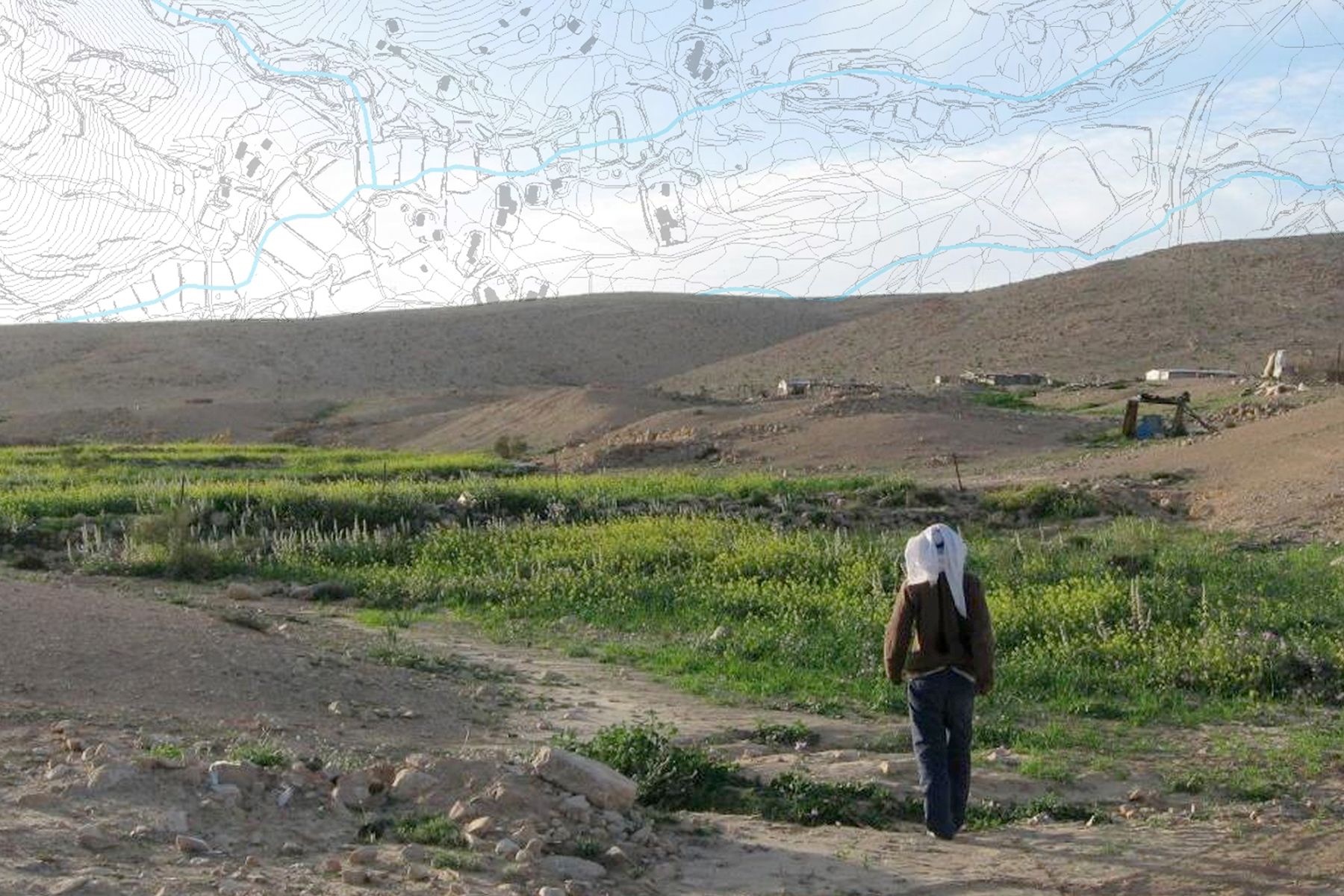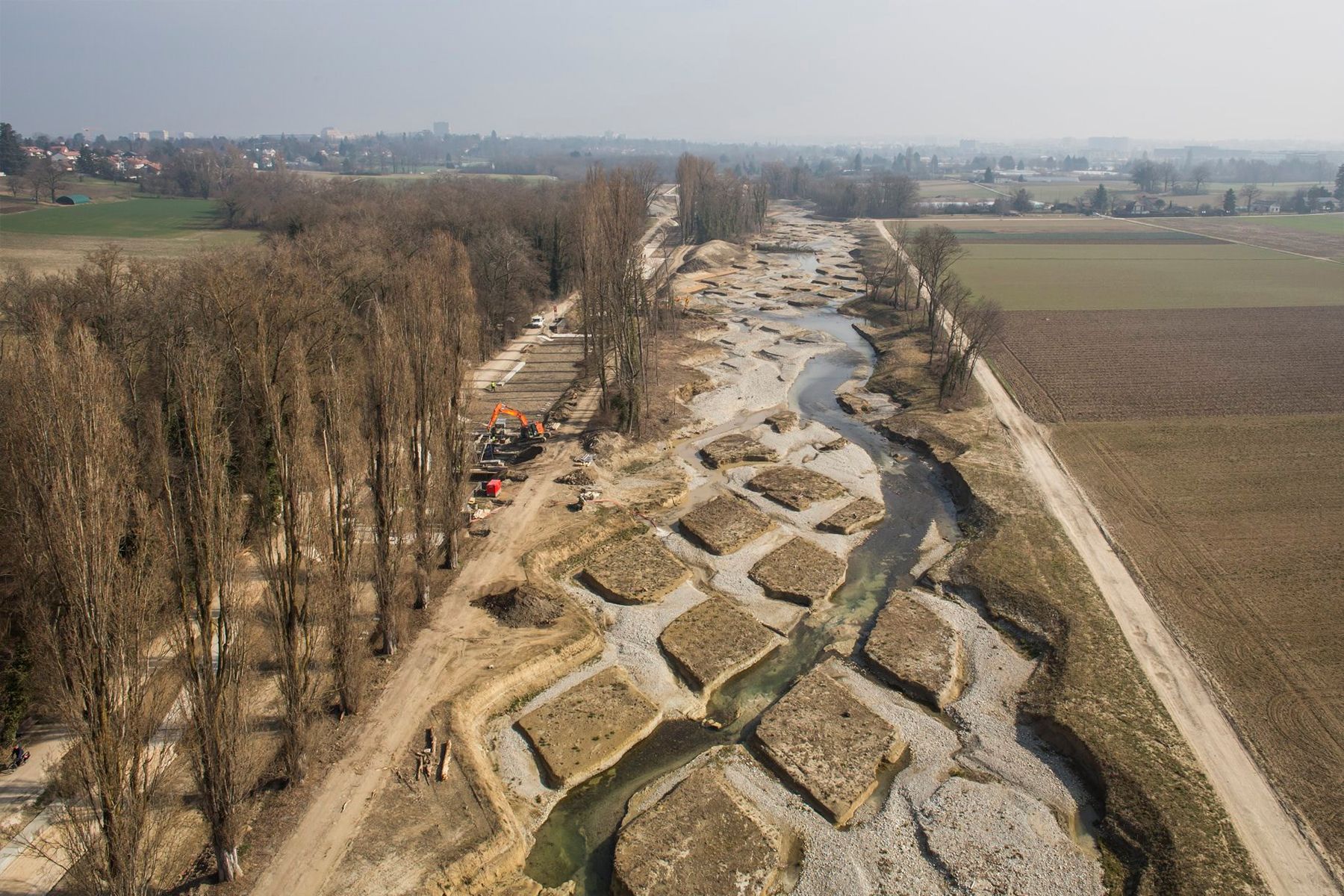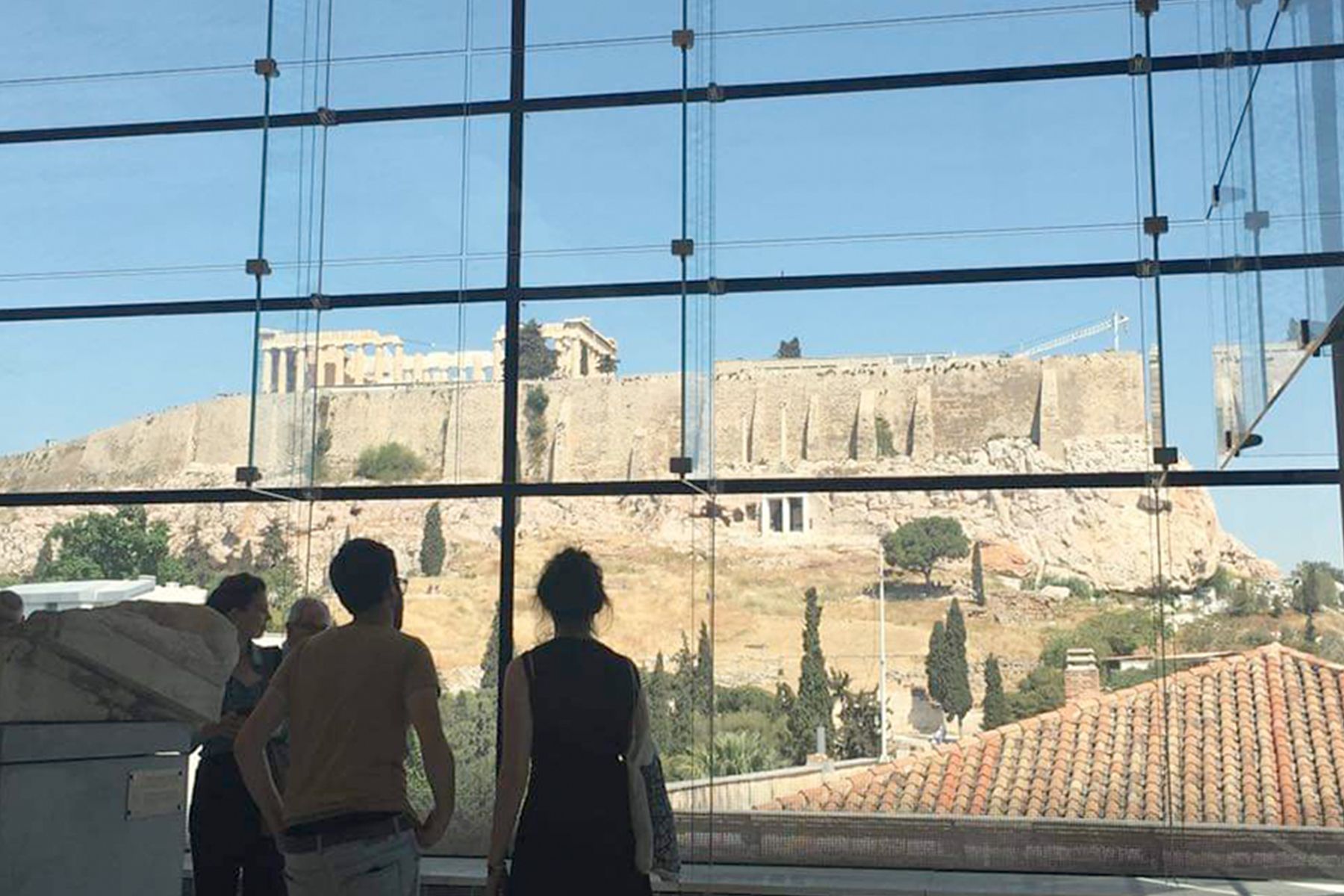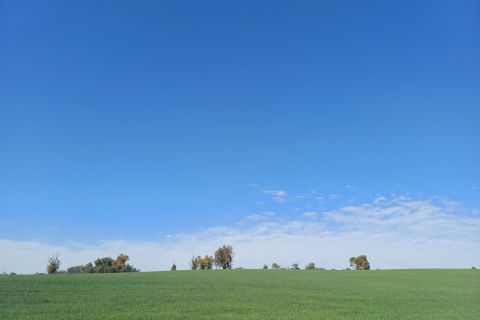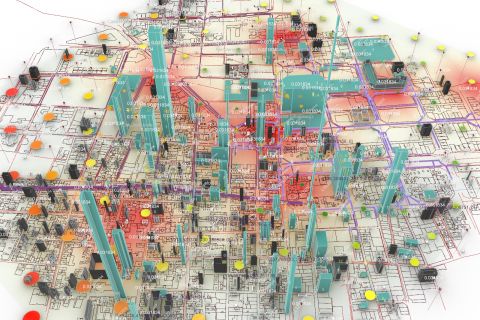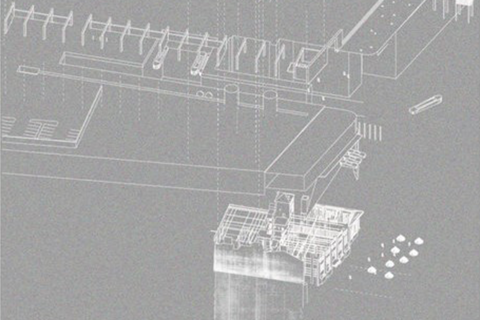Master's Program in Urban Design (M.Urb.Des.)
התכנית לתואר שני בעיצוב אורבני
برنامج اللقب الثاني في التصميم الحضري
Main Gallery
Main Content
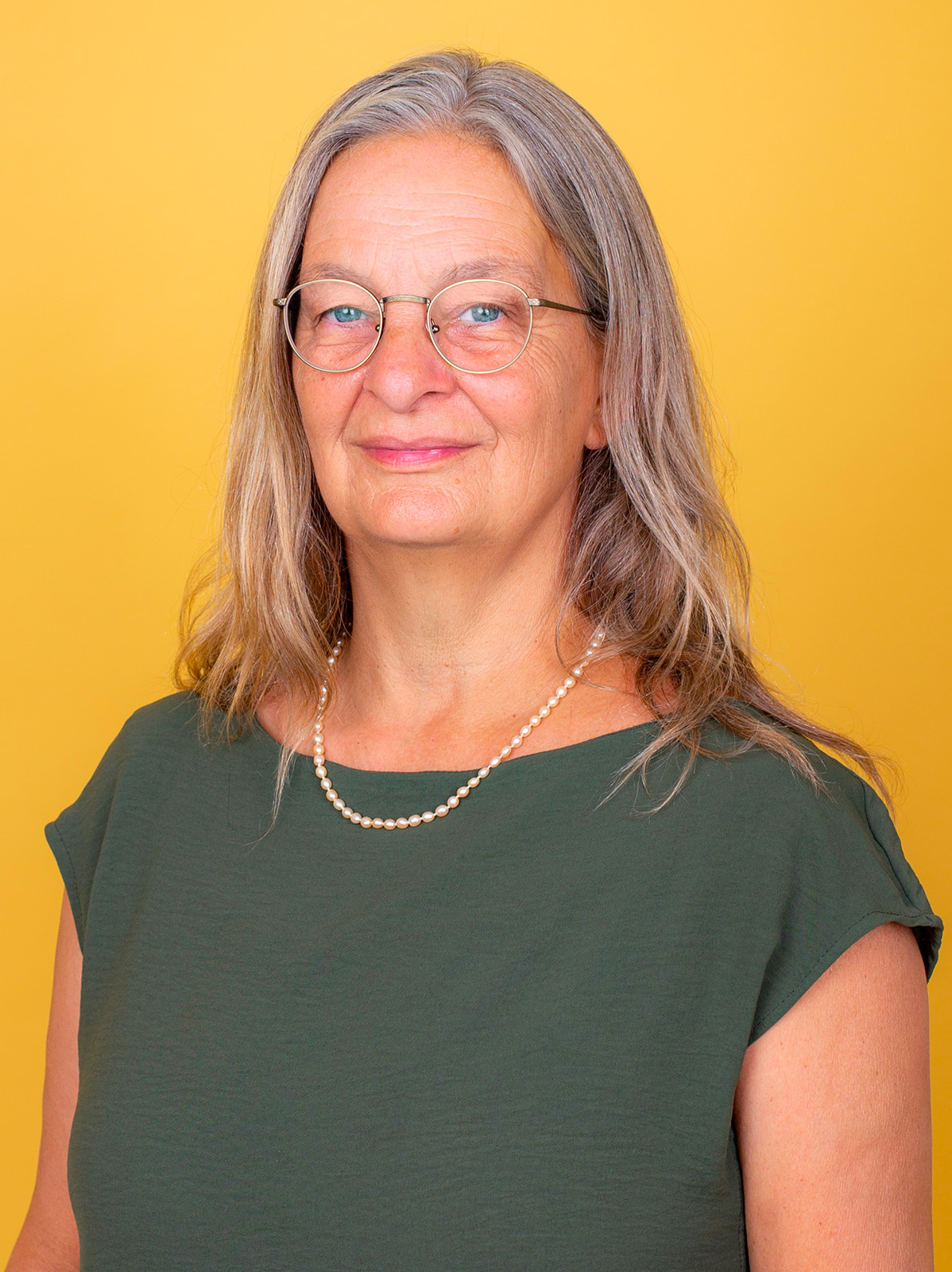
Registration is now open for graduate programs at Bezalel for the academic year 2025–26.
For details and registration>>
Urban Design encompasses far more than the layout of houses, roads and public buildings; it examines cities’ social fabric and their relation to the urban landscape. Along with understanding the architecture and infrastructure of the city, urban designers learn to recognize the cultural, social, historical and economic factors at play.
The program’s curriculum gives students the ability to integrate theoretical and analytical discourse into their planning and design thinking. Its courses address contemporary issues of public concern through multidisciplinary research and practice with faculty from a wide range of disciplines. The program also examines political, social and economic issues that stem from adding new urban layers onto existing cities alongside conditions of urbanization in peripheral areas. Students learn how to challenge conventional social and political thinking involving land use resources and the preservation of those resources from the perspective of sustainable development.
The program asserts that any creative activity in the context of one area of study serves as a source of inspiration for another. Often in collaboration with relevant stakeholders and communities, students in the ‘urban lab’ analyze and address case studies of complex urban environments, which then become relevant to other similar environments.
Located in Jerusalem – a city that is at the same time unified, divided, fragmented, contested, mixed and both post- and neo-colonial – the program provides a platform to explore the intersections of various urban processes in time and space, and through their study, equips students with a sound basis in critical urban theory, geography and urban design strategies and tactics.
Graduates of Bezalel’s urban design program are dedicated to enriching peoples’ quality of life through innovative, knowledge-based design – inspiring, illustrating and investigating how a place can best serve its inhabitants and passers-by. Equipped with skills and training, education and experience, they work to promote new approaches and influence the discipline both locally and globally.


